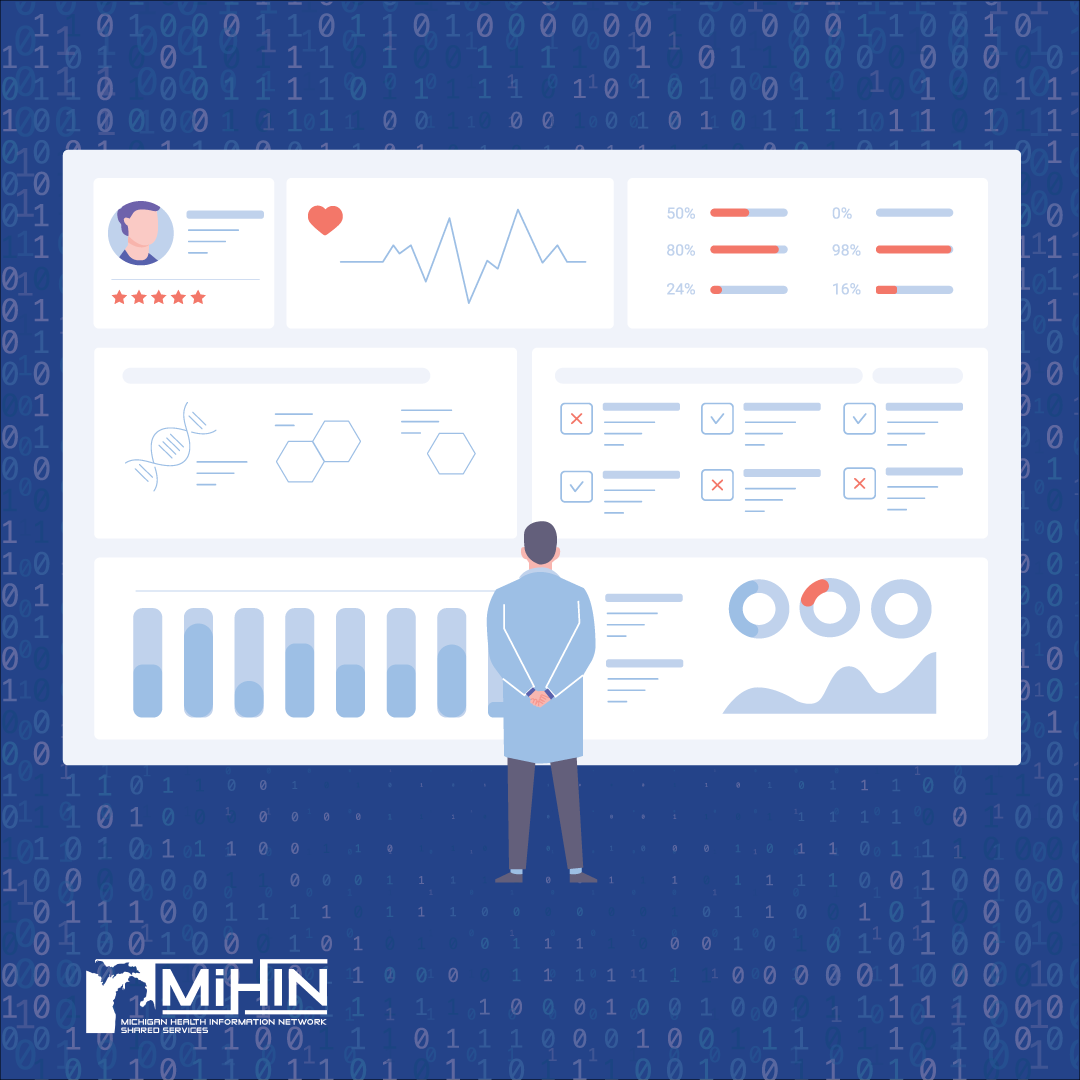
We’ve delved into what SO/GI is and why standards are important – but our bread and butter is data sharing. Let’s talk about it ▼.
According to EHR Intelligence, national data standards for SOGI data could be around the corner. A new study outlined a conceptual HL7 model for clinical EHR documentation that aims to more accurately record patients’ sex and gender within the EHR. The HL7 Gender Harmony Logical Model has five major elements: gender identity (GI), sex for clinical use, recorded sex or gender (RSG), name to use (NtU), and pronouns.
The HL7 community of standards has begun to work with the researchers to incorporate the proposed changes into each of the existing HL7 standards; V2, CDA, and FHIR. Ultimately, the implementation of the health IT data standards will boost care delivery for gender-marginalized patients, the researchers noted.
Collecting SO/GI data in electronic health records (EHRs) is essential to providing high-quality, patient-centered care to LGBT individuals. SO/GI data collection has been recommended by both the Institute of Medicine and the Joint Commission as a way to learn about which populations are being served, and to measure quality of care provided to LGBT people. Gathering this data is therefore an important part of identifying and addressing LGBT health disparities in health centers and other health care organizations.
In fact, in 2015 the Centers for Medicare and Medicaid Services (CMS) and the Office of the National Coordinator for Health Information Technology (ONC) issued rules requiring all electronic health record (EHR) systems certified under the Meaningful Use incentive program to have the capacity to record, change, and access structured SO/GI data. The requirement applies to vendors who are building certified EHR systems and to health institutions and practices that are using these systems as part of their participation in the Meaningful Use program.
Exchange of SO/GI data between healthcare organizations will improve the patient experience and improve the reliability of information available to clinicians, therefore enabling quality care relationships for gender-marginalized people.
To learn more about SO/GI data, click here: https://www.healthit.gov/isa/uscdi-data/sexual-orientation
